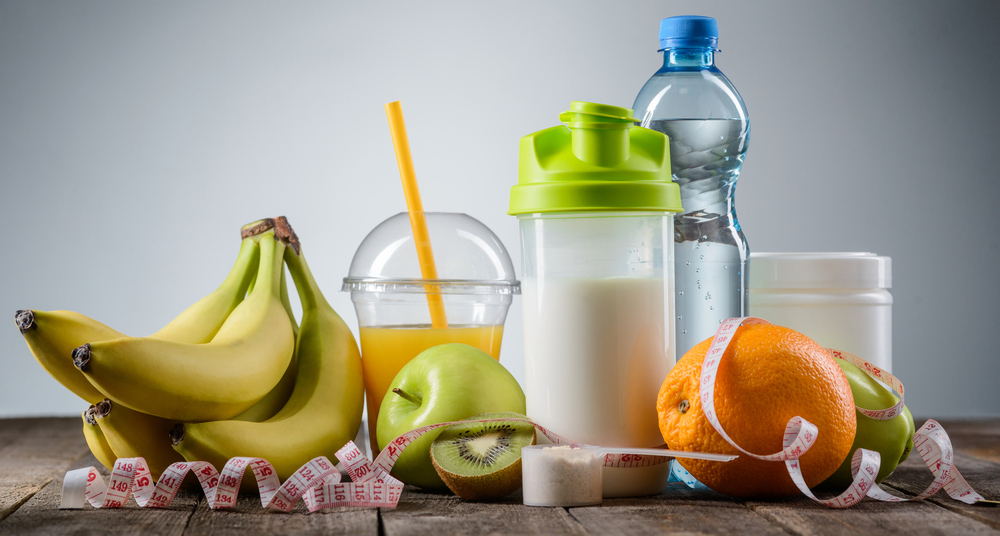
While your favourite creams and make-up help you look your best, the secret to the finest radiant skin on your wedding is your diet. That’s because a constant supply of micronutrients is essential to support rapid cell change. These tips will ensure your skin will be soft, supple and blemish-free.
1. Five-a-day keep the wrinkles away
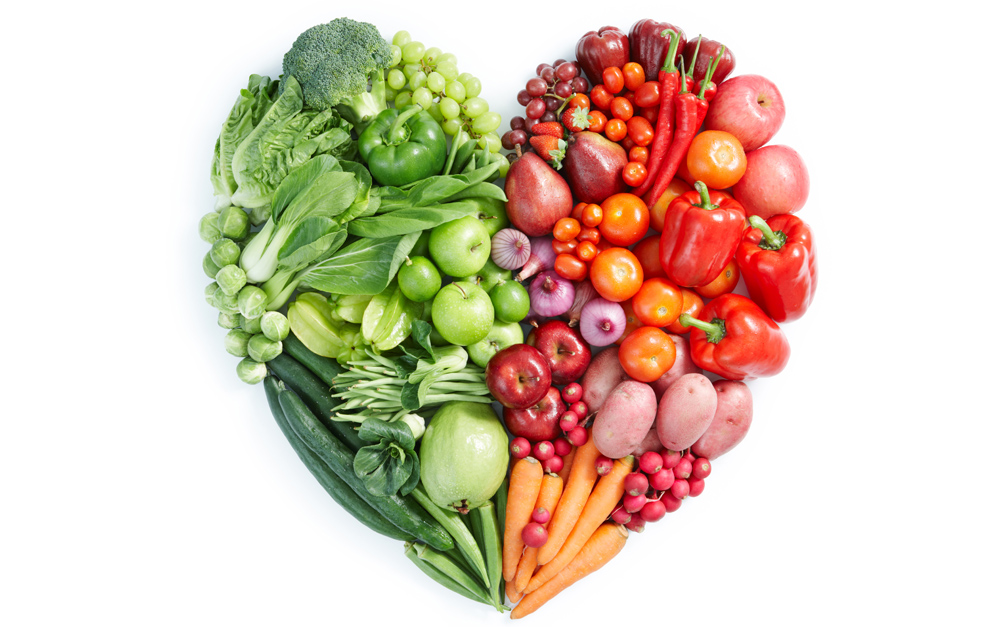
Antioxidants are essential for normal skin cell development and healthy skin tone. Fruit and vegetables are packed with them and do a great job at protecting skin from the cellular damage caused by free radicals. Smoking, pollution and sunlight are some of the culprits that cause free radicals, which contribute to wrinkling and age spots. Betacarotene and lutein, which keeps your eyes healthy and sparkling, are particularly powerful antioxidants. So make your day more colourful with a rainbow of bright fruit and vegetables and aim for the recommended five or more portions a day.
Rich sources: Pumpkin, carrots, sweet potatoes, kale, papaya, spinach and blueberries
2. Load up on vitamin C
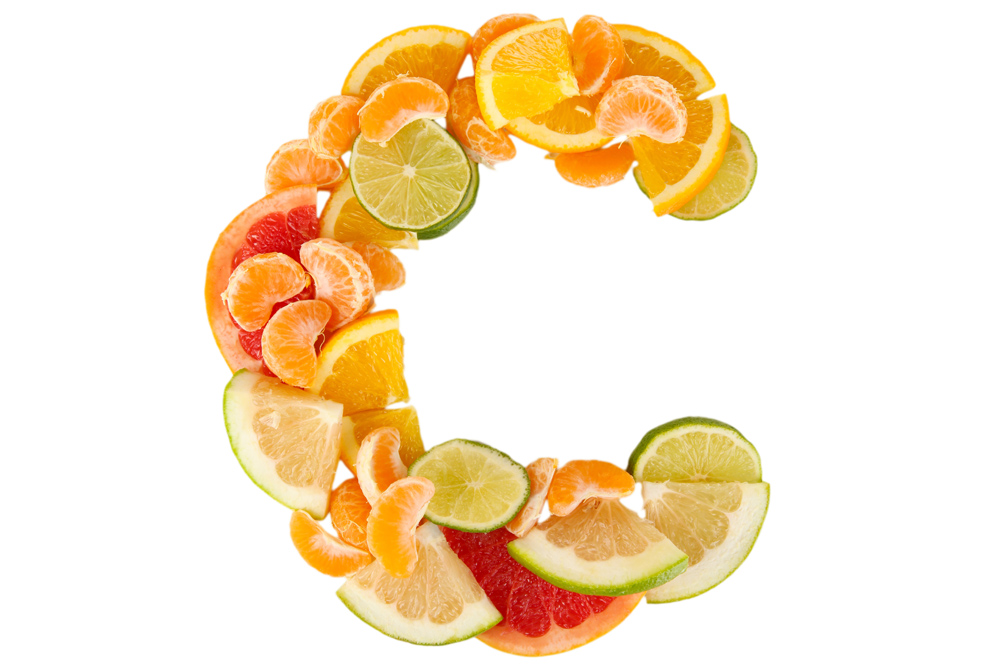
Vitamin C is another super antioxidant. As well as helping prevent wrinkles, the miracle vitamin gives you radiant skin and is a cure for blemishes. What’s more, foods loaded in vitamin C all help to produce collagen, which strengthens the capillaries that supply the skin. On a side note, antioxidants are also great for healthy bones and teeth, help build a strong immune system and protect you from cancer and heart disease.
Rich sources: Blackcurrants, spinach, blueberries, broccoli, guava, kiwi, oranges, papaya, strawberries and sweet potatoes
3. Ditch those crash diets

When you repeatedly lose and regain weight, your skin pays a hefty price. Other than causing sagging, wrinkles and stretch marks, crash diets often trigger a deficiency in essential vitamins. Over long periods of time, seeing the scales go up and down like a yoyo will reflect on your skin and, of course, affect the way you see yourself.
4. Pile on the selenium
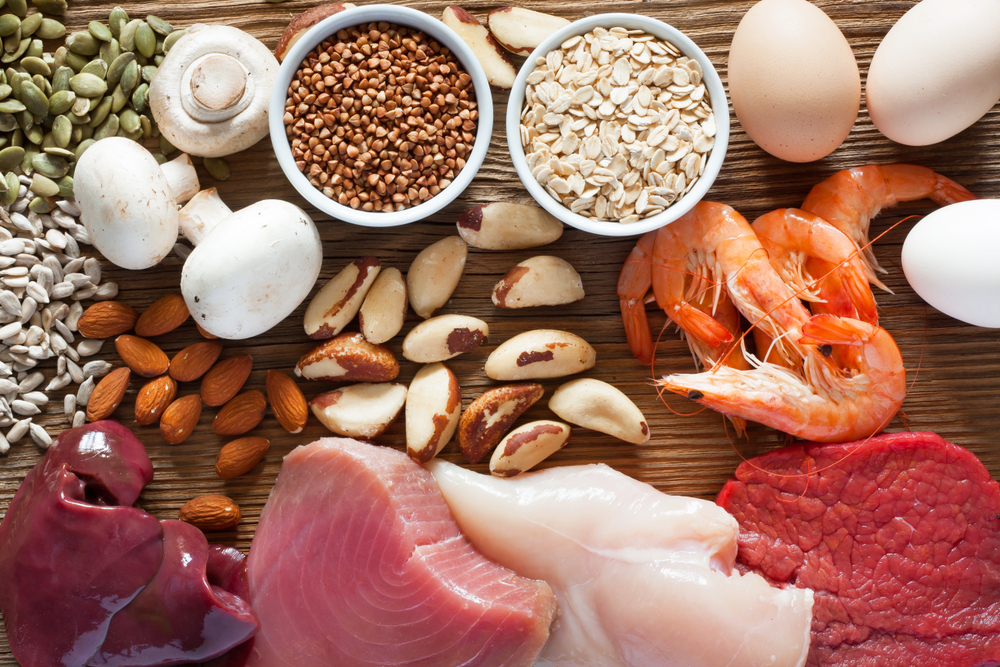
Studies suggest that a diet replete with selenium can help protect against skin cancer, sun damage and age spots. This mineral powerhouse works alongside antioxidants like vitamins E and C and is essential for the immune system.
Rich sources: Brazil nuts, fish, salmon, shellfish, eggs, wheatgerm, tomatoes and broccoli
5. Don’t forget to drink

Your skin needs moisture so it can stay flexible. Even a little bit of dehydration will cause your skin to look dry, worn-out and slightly pale. While all types of fluids count towards your recommended daily allowance of six to eight glasses a day, water will always be your best choice. Always try and keep a bottle of water next to you to remind you to drink. Herbal, caffeine-free teas are good too.
6. Add the right kind of fat
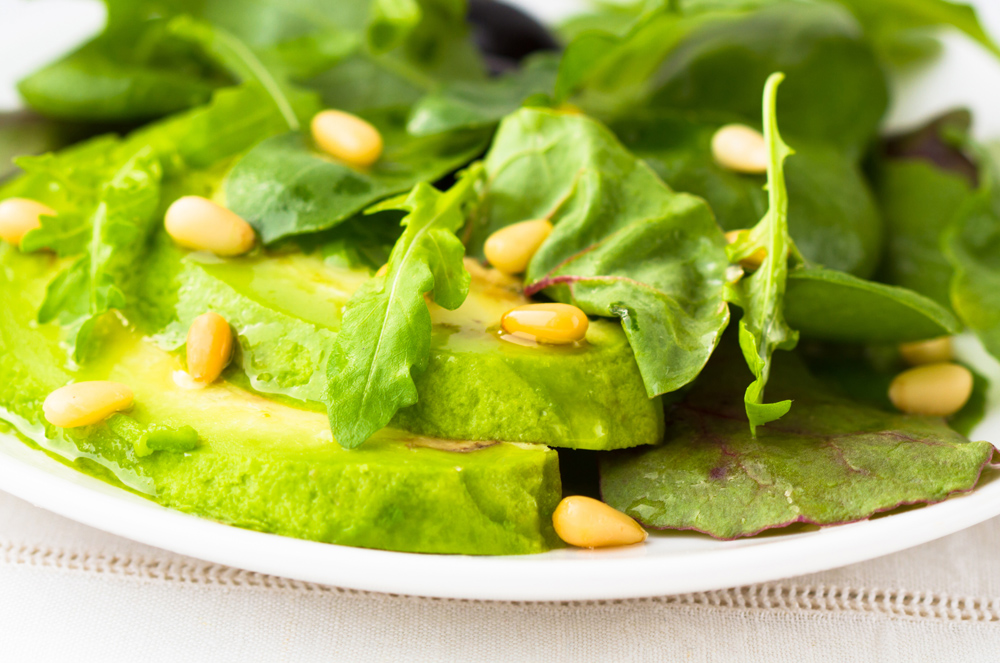
Fatty acids act as a natural moisturiser for your skin, helping to keep it supple. They can be found in monounsaturated and polyunsaturated fats. Another benefit we gain from these fats is that they come with a healthy dose of vitamin E (a vitamin many of us should include more in our diet), which will help protect against free radical damage.
Rich sources: Avocados, fish, nuts and seeds
7. Create a balance with phyto-estrogens
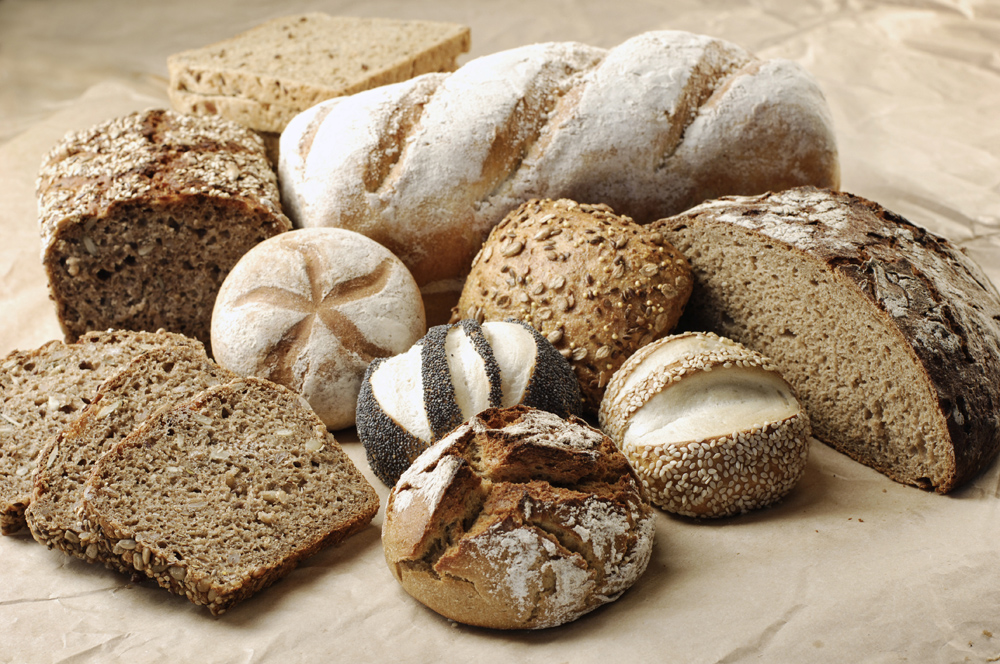
Since phyto means plant, it doesn’t come as a surprise phyto-estrogens are natural chemicals found in plant foods. With a similar structure to the female sex hormone oestrogen, they provide a way to help keep our natural hormones in balance. Phyto-estrogen comes in different forms, some are found in soya bean products (isoflavones), whereas others can be found in the fibre of wholegrains, fruit, vegetables and flax seeds (lignans).
Rich sources: Soya, wholegrains, fruits and vegetables
8. Make room for Omega-3
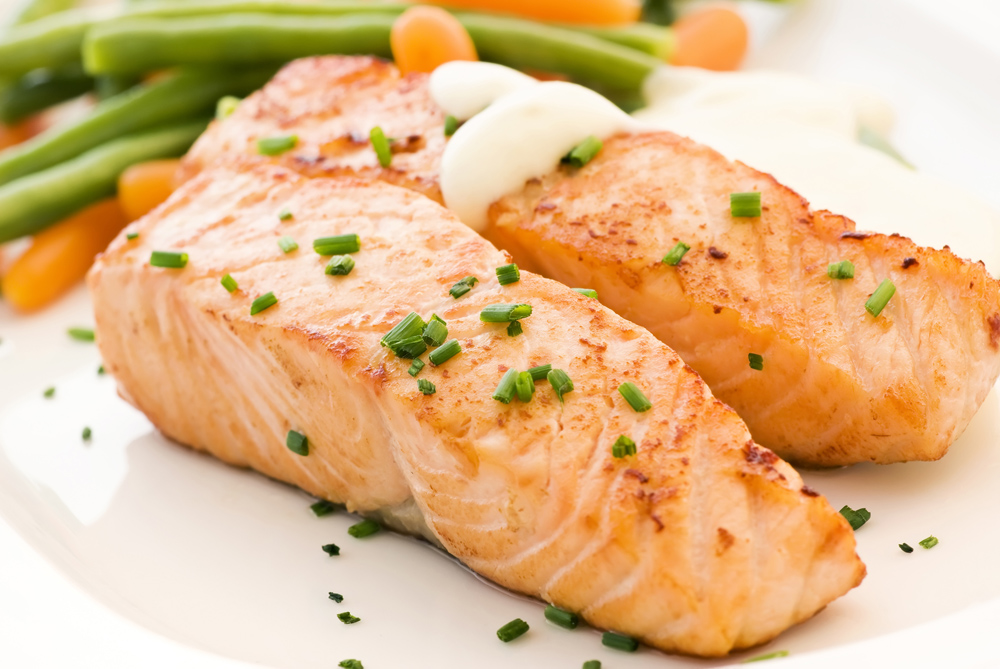
Getting enough omega-3 and omega-6 fats is vital as they are essential fatty acids that must be obtained through diet since they cannot be made naturally. Omega-3 fatty acids help keep your skin supple and moisturised. Plus they encourage the body to produce anti-inflammatory compounds, which can help skin, particularly inflammatory skin conditions such as eczema and psoriasis.
Rich sources: Oily fish, flaxseed oil, linseeds, walnut and rapeseed oil and spinach
9. Choose the right carbs
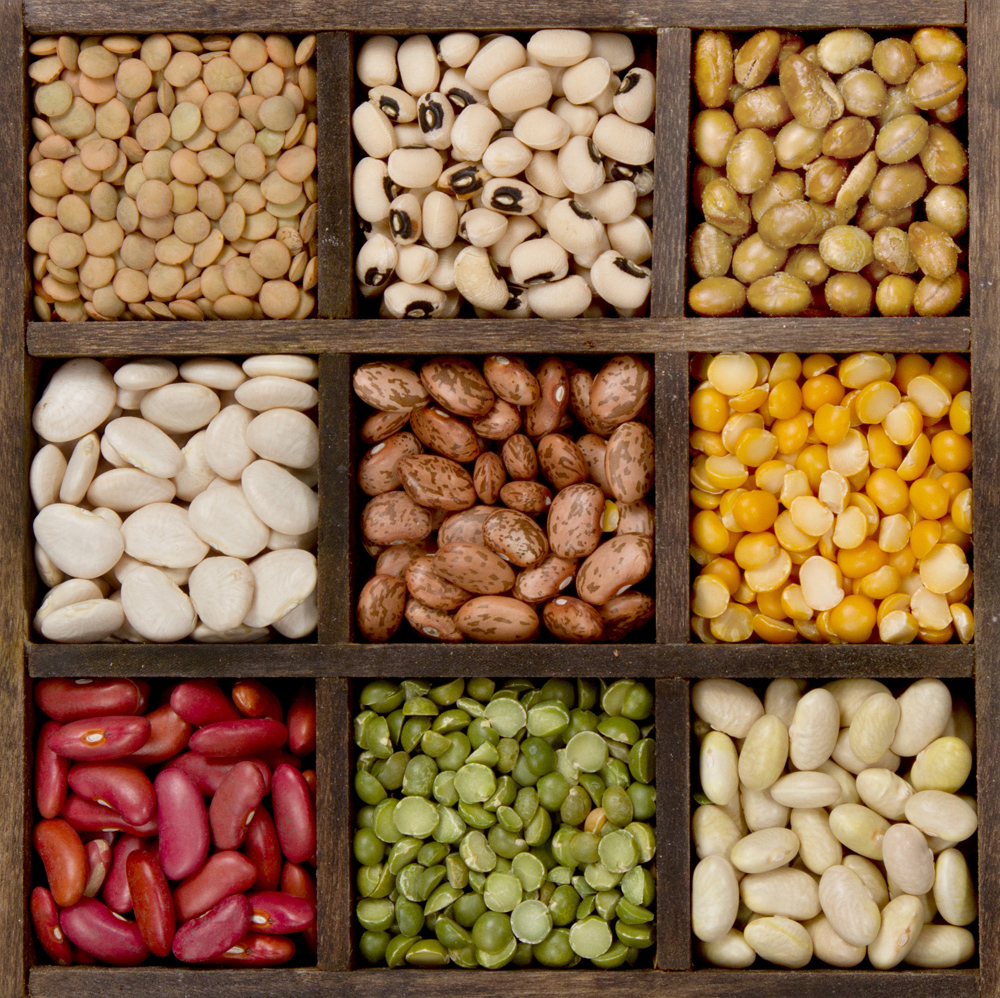
When it comes to your carbohydrate intake, try and dine on slow-releasing ones like beans, pulses and porridge. A good reason to do this is they discharge sugar into the blood stream gradually, giving you a stable supply of energy and leaving you feeling full for longer. This will hopefully mean you won’t be so inclined to snack! Avoid high GI carbohydrates like biscuits and sugary drinks, as they make your body produce insulin, which may damage collagen and fast-track wrinkles.
10. Include zinc on your menu
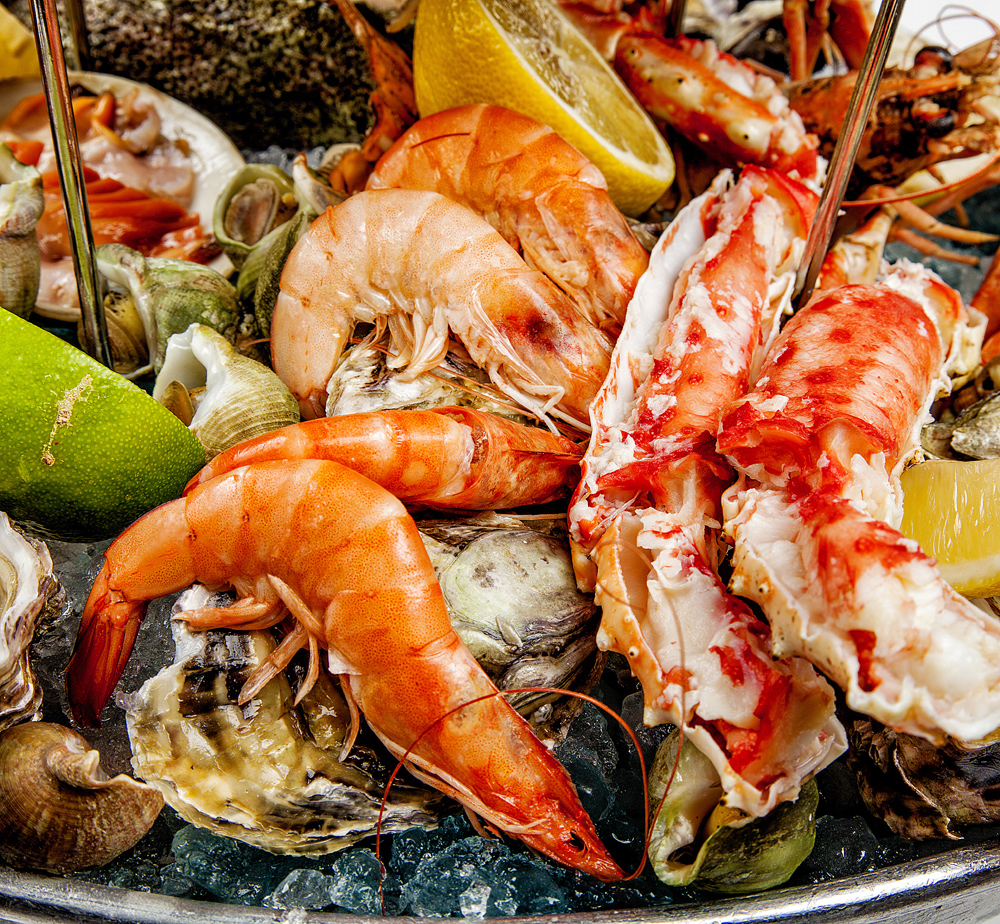
The sebaceous glands in the skin produce oil and zinc is involved in their normal functioning. This essential mineral also helps skin cell renewal, mend skin damage and keep it soft and supple. Additionally, zinc also retains healthy nails, hair and eyes.
Rich sources: Fish, lean red meat, wholegrains, poultry, nuts, seeds, oysters and shellfish

















